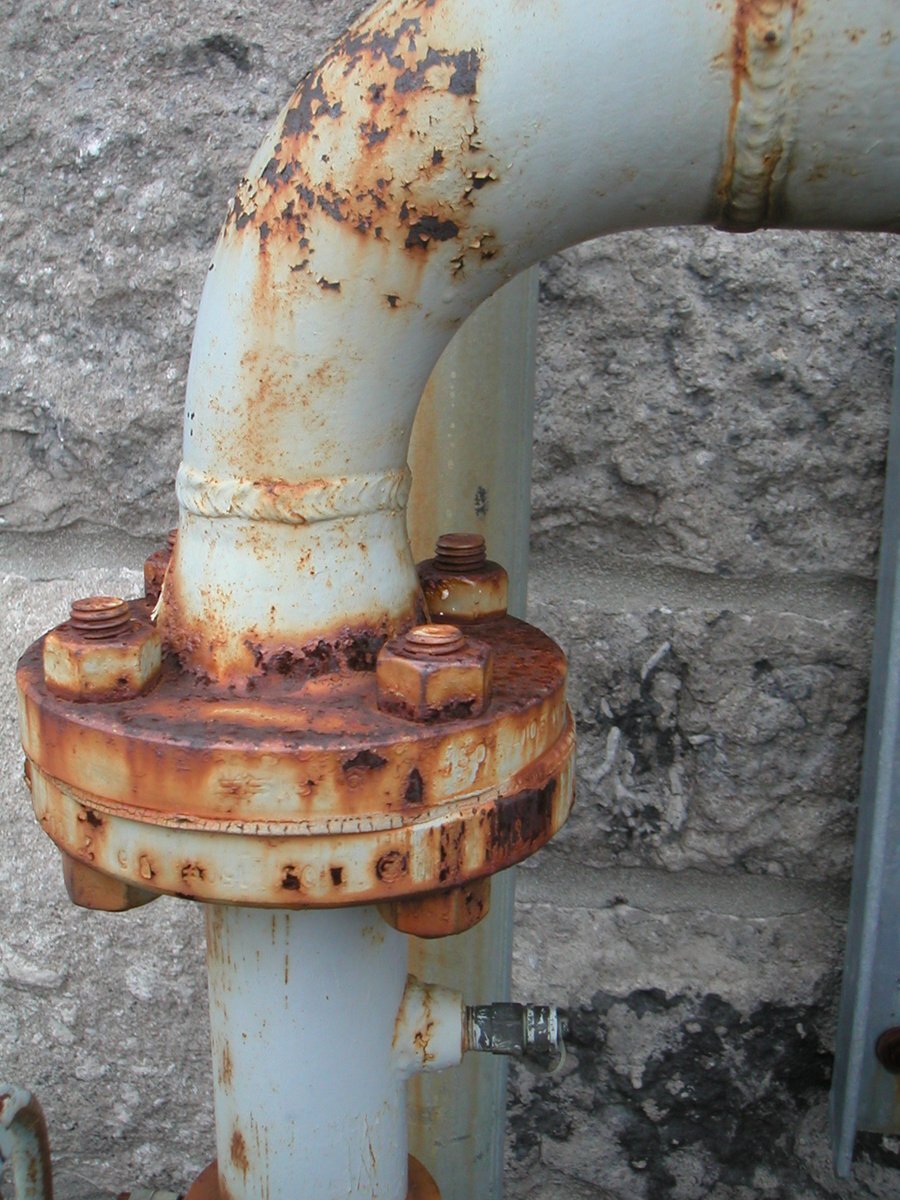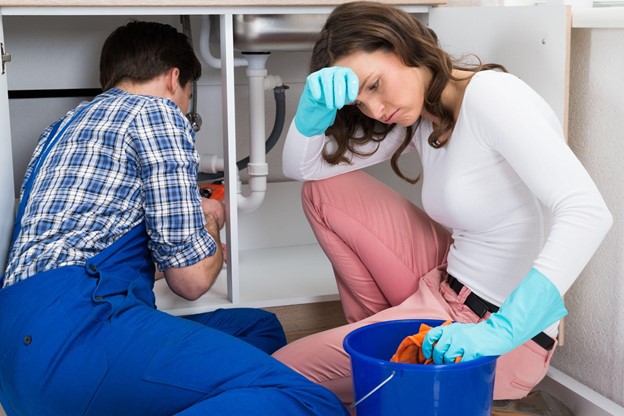Guide to Dealing with Plumbing Problems in Older Homes
Guide to Dealing with Plumbing Problems in Older Homes
Blog Article
What are your opinions on Plumbing Issues in Older Properties and How to Fix Them?

Older homes typically include charm, character, and history, however they can additionally bring a host of plumbing issues. Whether you're handling aging pipes, low water pressure, or leakages, understanding exactly how to deal with these common troubles is crucial to keeping a secure and practical home. In this guide, we'll discover the common pipes difficulties faced by older homes and give functional services to keep your pipes in leading form.
Recognizing Typical Plumbing Issues
Aging Pipes
Among one of the most typical problems in older homes is aging pipelines. Relying on the era in which your home was built, the pipes might be made from materials that have actually degraded over time, such as galvanized steel, cast iron, or even lead. These materials can rust, end up being brittle, or establish leaks, causing water damages and prospective carcinogen.
Low Water Stress
If you're experiencing low tide pressure, maybe because of natural resources, deterioration inside the pipelines, or old fixtures that are no more working effectively. This can be a significant aggravation, particularly in locations like showers and sinks.
Leaking Pipelines
Leaks are an additional constant problem in older homes, typically triggered by rusty or worn-out pipes. Also little leakages can bring about significant water damage, mold development, and increased water bills otherwise addressed quickly.
Obsolete Fixtures
Out-of-date plumbing components such as taps, bathrooms, and showerheads not just look old but may additionally be less effective, prone to leaks, or inappropriate with modern plumbing requirements.
Pipe Deterioration
Rust is an usual issue in older pipelines, particularly those made from galvanized steel or actors iron. Corroded pipes can restrict water flow, cause discoloration, and ultimately bring about leaks or pipe bursts.
Examining the Problem of Your Pipes
Inspecting Noticeable Pipes
Beginning by evaluating any kind of noticeable pipelines in your house, such as those in cellars, crawl spaces, or under sinks. Seek signs of rust, leakages, or rust, which can suggest underlying concerns.
Checking for Leakages
Check for leakages by inspecting areas around faucets, toilets, and under sinks. You can likewise monitor your water meter prior to and after a period of no water utilize to discover covert leakages.
Water Quality Screening
Older pipelines can affect the high quality of your water. Conduct a water top quality test to look for pollutants such as lead, corrosion, or other impurities that may be presented by maturing pipes.
Solutions for Common Pipes Issues
Replacing Aging Pipelines
If your home has old, wearing away pipes, consider changing them with modern products like copper or PEX. This can be a substantial investment, yet it will certainly protect against future problems and improve the safety and security and reliability of your pipes system.
Dealing With Low Tide Stress
To deal with low water pressure, begin by cleaning or changing old fixtures and eliminating mineral accumulation in the pipes. If the issue continues, it might be needed to replace sections of rusty pipelines.
Fixing and Replacing Dripping Pipes
For little leakages, you can use pipeline clamps or epoxy putty as a short-lived fix. Nonetheless, it's finest to change dripping pipes entirely to prevent further damages.
Updating Fixtures
Upgrading old fixtures to contemporary, water-efficient versions can enhance your home's plumbing efficiency and minimize water usage. Look for components with the WaterSense tag for the best performance.
Managing Pipeline Corrosion
If your pipelines are rusted, replacing them with corrosion-resistant products like copper, PVC, or PEX is the very best solution. Routine evaluations and water top quality maintenance can assist stop additionally corrosion.
When to Call an Expert
While some plumbing concerns can be handled with DIY options, there are times when it's finest to hire a professional. If you're managing significant leaks, comprehensive corrosion, or are not sure regarding the condition of your pipes, a certified plumbing professional can give skilled assessment and repair work.
Preventive Upkeep Tips
Normal Inspections
Routinely evaluate your plumbing system for signs of deterioration. Catching concerns early can prevent costly repair work down the line.
Water Stress Law
Ensure your water pressure is within the advised array to avoid worrying your pipes and fixtures. A plumbing can mount a stress regulator if needed.
Water High Quality Maintenance
Install water filters or conditioners if your water top quality is poor. This can secure your pipelines and fixtures from damage triggered by tough water or impurities.
Aggressive Pipe Substitute
If your home has older pipes, think about positive substitute before significant problems occur. This can save you from emergency situation fixings and water damage.
Verdict
Taking care of pipes issues in older homes calls for a mix of watchfulness, preventative upkeep, and timely upgrades. By recognizing the usual challenges and knowing when to look for expert help, you can ensure your plumbing system remains useful and dependable for many years to come.
Common Plumbing Issues in Older Homes
Pipe corrosion
Pipe corrosion is a common plumbing issue in older homes. Several factors can cause pipes to corrode:
Water: Ironically, water is the number one cause of pipe corrosion. When water seeps into cracks in pipes, it can cause the metal to rust and break down, leading to leaks or even burst pipes.
Oxygen: Oxygen is another significant culprit in pipe corrosion. When oxygen interacts with water, it can cause the metal to oxidize and weaken.
Chemicals: Chemicals such as chlorine and fluoride can also contribute to pipe corrosion. These chemicals can react with the metal in pipes, causing them to break down over time.
Leaky pipes
Pipes that leak is one of the most common plumbing issues plaguing residents of older houses. While a small leak may not be a problem initially, it can lead to significant problems if left unaddressed. In addition, water damage can be very costly to repair and may cause damage to electric fixtures, promote mold growth and cause many other issues.
Worn-out fixtures
Older homes often have worn-out fixtures which may need replacement. Over time, the finishes on fixtures can wear down, exposing the underlying metal to corrosion. This can cause fixtures to leak or even break completely. It s best to have a professional plumbing contractor regularly inspect the fixtures in older homes and replaces them if necessary.
Faulty water heaters
A leaky water heater can cause severe damage to the home as it can be both a flood and fire hazard. Call a plumber immediately if it appears that the water heater might be leaking.
If the heater isn t working correctly, it could be because the pilot has gone out. The pilot light going out may indicate gas supply issues or leaks. It is also worth checking the thermostat to see if it needs to be adjusted.
If the water heater is making strange noises, it could be due to sediment buildup in the tank. Sediment can interfere with the heating elements and cause them to overheat. Overheating can damage the tank and shorten the lifespan of the water heater.
https://www.norfleetfamilyplumbing.com/blog/common-plumbing-issues-in-older-homes

Do you really like more info about Plumbing Problems In Old Homes? Give feedback below. We will be pleased to hear your suggestions about this content. Hoping that you visit us again before long. Appreciated our blog entry? Please quickly share it. Let somebody else check it out. Kudos for being here. Please pay a visit to our site back soon.
Click Here Report this page